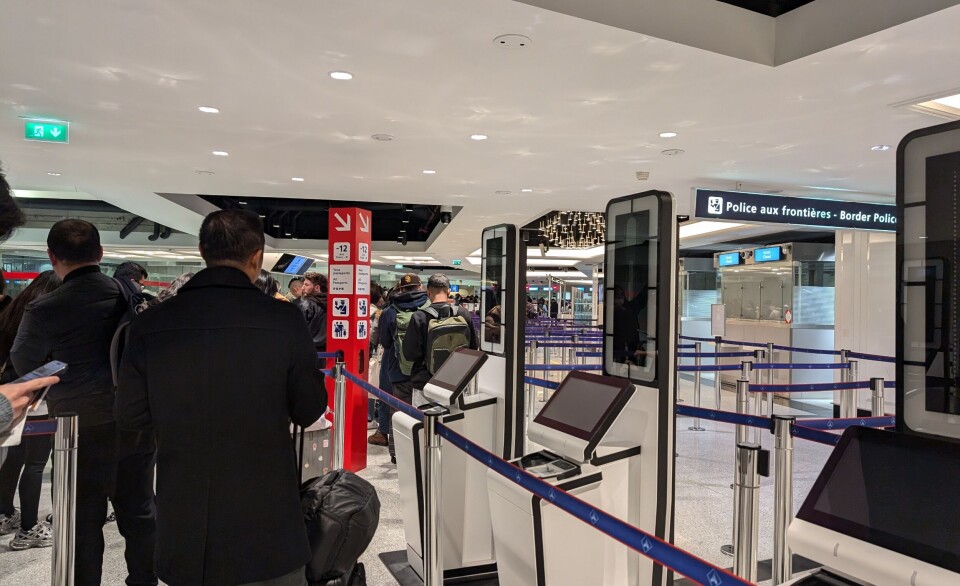-
France plans crackdown on fraud around obligatory energy ratings for homes
All homes being sold or let need an up-to-date DPE
-
AI finds ‘soaring’ cases of fraud in French home renovation applications
More than 40,000 cases were detected in 2024, the housing agency states
-
When must a bank reimburse a customer scam victim in France?
Reimbursement can depend on whether the customer has been ‘negligent’
Insurance-linked ‘sales’ can revive viager
Win-win property sale gives a result for property owner and buyer

A NEW insurance-linked form of viager property sales could transform a market that has lost much of its attraction for buyers and investors but is still a way for older people to get value out of their home.
In classic viager the buyer agrees to buy the property from the elderly owner, who continues to live in it until their death. The buyer pays a sum (the bouquet that today averages about 20% of the value depending on owner’s age) and a monthly payment (rente – equivalent to the remainder of the value split over the estimated lifespan) until the owner dies.
If the owner dies early then the buyer has a bargain but in 1997 Jeanne Calment died at the age of 122 and her viager buyer had paid enough to buy her home twice over.
Now the new ‘equity release’ contrat monétiser, launched by Monetivia and Allianz, sees a buyer buy the nue-propriété (the property ownership but not the right to live in it) while the owner, aged over 70, retains the usufruit – the continuing use.
The nue-propriété is valued at between 50%-70% of the property’s real value (rising with age) while the usufruit is valued at the equivalent of the remainder over a set period, 15 or 20 years, but with the owner retaining the right to live there for life, even after the end of this period.
At the end of the usufruit period the owner has received the full value of the property in cash and in continued usage.
The owner buys an insurance policy payable to the buyer and if they live a long time the insurer compensates the buyer by paying a monthly sum for not being able to access the property; if the owner dies early the buyer pays the owner’s heirs the remainder of the usufruit value.
In total the owner and heirs receive 95% of the value, having continued to live in the property, but the buyer will, in general, only have paid about 60%.
Owners continue to pay the usual owners’ property charges but large repairs are at the buyer’s cost.
Monetivia co-founder Thomas Abinal said: “At the moment the only option that older people have to unlock value from their home is to use viager which does not give anything like full value and needs trust in the buyer’s financial stability. With our plan the owner can get almost 100% of the value guaranteed with no risk while the buyer has a well-priced investment.
“We would not call it simply a ‘bargain’ for the buyer as it is a long-term investment where they pay a significant sum for a property at a significant discount and realise the value at the end of the period.
It is, however, ‘super-secure’ for both sides. “This allows over-70s to live at home with money behind them while giving buyers a well-priced, secure investment. It is a win-win for seller and buyer.”
How does it work in practice?
- MONETIVIA user Françoise, 80, owns a 102m2 flat in the 7th arrondissement of Paris and chose to use the scheme to sell the nue-propriété of the flat, with the term of the usufruit set at 15 years.
- Her flat is valued at €1,045,000 and this is apportioned as €676,000 for the nue-propriété (so, 65% of the flat’s value) and €369,000 for the usufruit.
- She receives €676,000 immediately, minus a 3% insurance premium, which buys a policy for rente différée.
- If Françoise dies during this 15 years the buyer pays her heirs a sum to cover the remaining period of the €369,000 usufruit – this would be €220,000 after five years or €91,000 after 10 years.
- Unlike viager, where the buyer ‘hopes’ she will die early so there is less rente to pay, in this scheme the buyer has every interest in hoping Françoise lives long as the usufruit payment will be less.
- If Françoise lives beyond the 15 years she has received 100% of the value of her property – but can continue to live in it with the insurance paying a rente to the buyer, who will receive a minimum of €20,000 (in this case) a year.
- However, Françoise will be 95 years old by this point and may decide to move out of the flat and hand it over to the original buyer... and then the insurance will pay her the rente for the rest of her life.
























